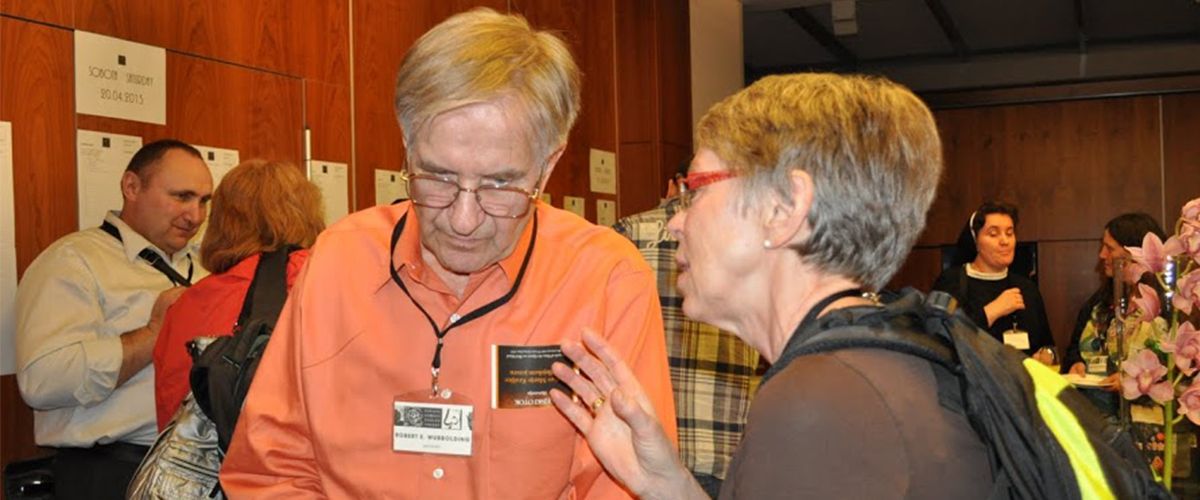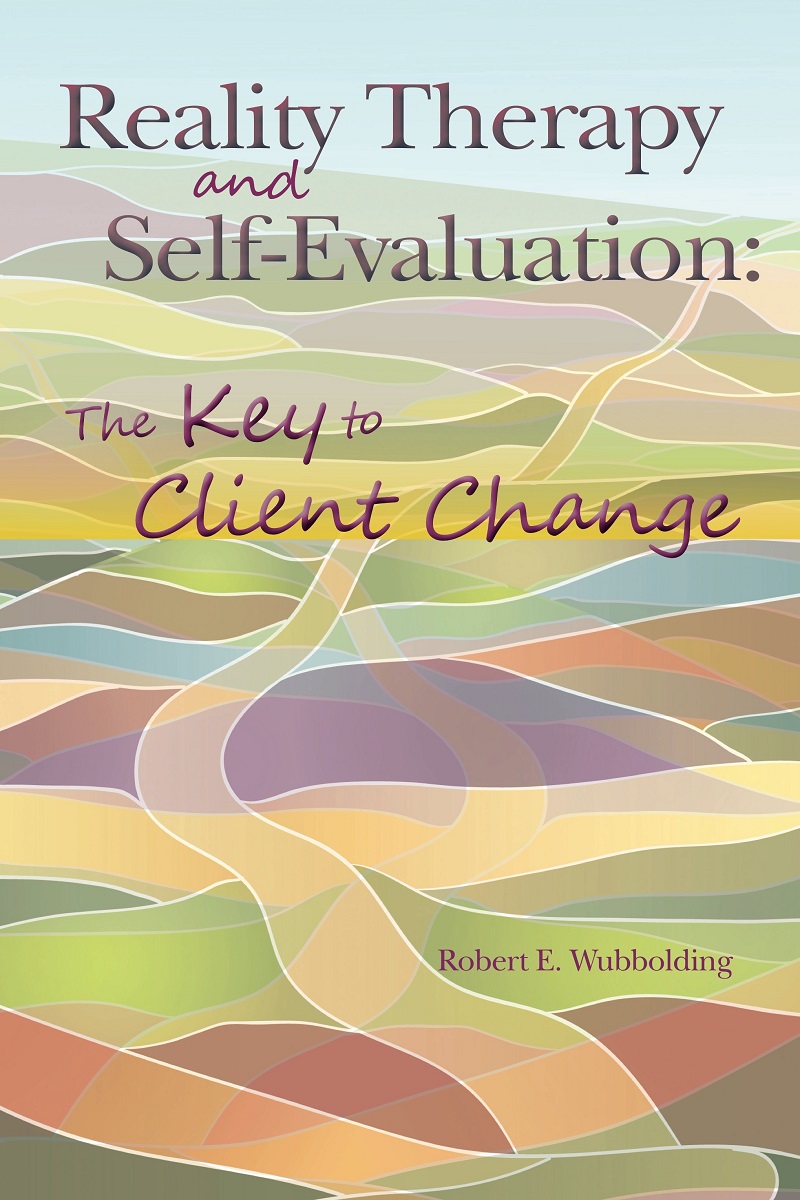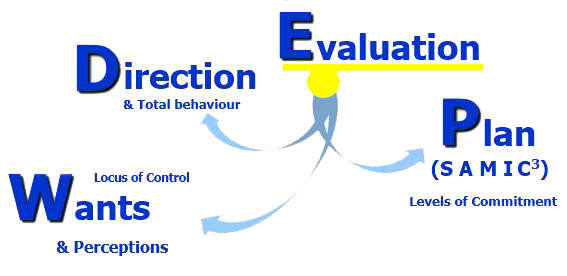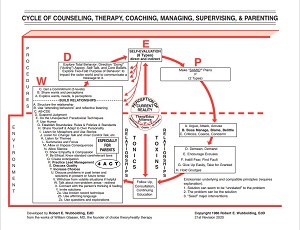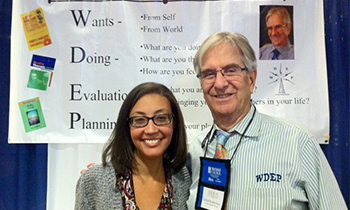
The Centre for Reality Therapy
- Workshops in Choice Theory & Reality Therapy
- Training leading to Reality Therapy Certification
- Development for Quality Schools
- Books, teaching aids and other resource materials
For details see 'Consulting Services'
Resources
Workshop Registration
About Reality Therapy
Reality Therapy is a practical method of helping people take better control of their lives. It assists people in identifying what they want and what they need and then in evaluating whether they can realistically attain what they want. It helps them examine their own behaviors and evaluate them with clear criteria.
This is followed by positive planning designed to help control their lives as well as fulfill their realistic wants and needs. The result is added strength, increased self-confidence better human relationships, and a personal plan for a more effective life. Reality therapy provides people with a self-help tool to use daily to copy with adversity to grow personally, and to gain more effective control of their lives.
Reality therapy is based on choice theory, a systematic explanation of how the human mind works. According to choice theory, human beings choose many of their behaviors in order to satisfy innate human needs: self-preservation or survival, belonging and love, achievement or power or inner-control, freedom or independence, and fun or enjoyment.
Among the philosophical underlying principles of reality therapy are the following:
- People are responsible for their own behavior: human beings -- not society, not heredity, not history -- determine their own choices.
- People can change and live more effective lives.
- People need not remain victims of external forces, neither do they need to wait for the rest of the world to change before being able to satisfy their own needs.
- People generate behavior and make choices for a purpose: to mold their environment -- as a sculptor molds clay -- to match their own inner pictures of what they want in order to satisfy the five needs described above.
- WDEP, a pedagogical tool, summarizes reality therapy and provides a memory peg for retaining, applying and implementing the principles of reality therapy and its theoretical base, choice theory.
WDEP System
The user of Reality Therapy, the WDEP system, applies the principles to individuals, to groups, and to organizations. Central to the effective use of the system is the establishment of a fair, firm, and friendly atmosphere, climate, environment, or relationship.
Built on the above environment, the procedures of reality therapy summarized in the WDEP system, including
- Helping clients, students, employees define and clarify their wants (W),
- Examining their total behavior: feelings, effective or ineffective self-talk, and especially their actions (D).
- A searching and even at times uncomfortable self-evaluation (E)
- Culminating in specific and attainable positive plans (P) for improvement .
For more details of reality therapy, including 22 kinds of self-evaluation, please consult the most comprehensive book written on this topic, Reality Therapy for the 21st Century, by Robert E. Wubbolding, Ed.D. You may order the book from the resource section.
About Bob Wubbolding
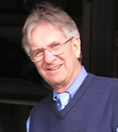 Dr Robert E Wubbolding
Dr Robert E Wubbolding
Robert E. Wubbolding, EdD, internationally known teacher, author and practitioner of Reality Therapy has taught Choice Theory and Reality Therapy in the United States, Europe, Asia, North Africa, and the Middle East.
His busy professional life includes Professor Emeritus of Xavier University, Faculty Associate of Johns Hopkins University, and Director of the Center for Reality Therapy. He is Senior Faculty for William Glasser International, Inc and was personally appointed by Dr. Glasser in 1988 to be the first Director of Training for his institute. In this position he coordinated and monitored the Certification, Supervisor, and Instructor Training programs until 2011.
He is a Psychologist, Professional Clinical Counselor, Board Certified Coach, and member of the American Psychological Association, the Ohio Psychological Association, the Cincinnati Academy for Professional Psychology, as well as the American Counseling Association, and the Ohio Counseling Association, Greater Cincinnati Counseling Association.
He has received the Marvin Rammelsberg Award presented to a person in a helping profession who best exemplifies the qualities of friendship, brotherhood, and humanitarianism, and who displays exemplary leadership qualities and made outstanding contributions to professional organizations. He received the Herman J. Peters award for exemplary leadership to promote the profession of counseling and the Greater Cincinnati Counseling Association unique Recognition of Merit Award.
He also received the Mary Corre Foster award for exemplifying qualities of leadership within the counseling profession and promoting the standards of excellence within the profession and the University of Cincinnati College of Education Outstanding Alumnus Award. In 2014 he was named “Legend of Counseling” at the meeting of the American Counseling Association in Hawaii.
His professional goal has been to make Reality Therapy respectable, respected, practical, cross-cultural, and universally applicable. To achieve this goal, he has sought to strengthen the delivery system, publish, articles and 14 books, 31 chapters in textbooks including entries in counselling and psychology encyclopedias, and has taught Choice Theory and Reality Therapy in many countries, and developed a teaching tool for Reality Therapy, called the WDEP system. This expression of Reality Therapy facilitates both learning and practicing the skills individually, in groups, on an organizational basis by people around the world working in agencies, schools, and businesses.
Dr William Glasser
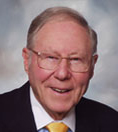
Dr William Glasser was the developer of reality therapy and choice theory. He was also notable for applying his theories to broader social issues, such as education, management, and marriage, to name a few.
Read more...
